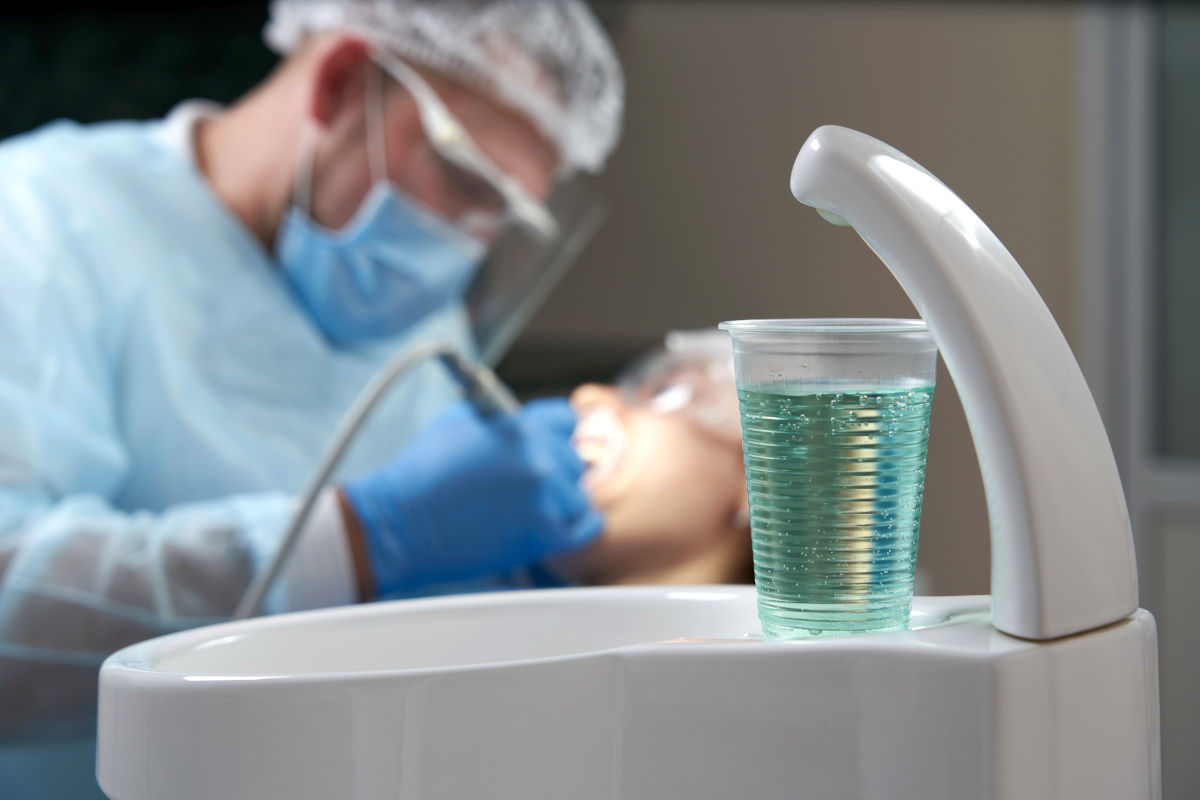Contents

Dental Scaling: Why Is It So Important for Our Teeth?
Going to the dentist isn't always a pleasure, but it's essential for maintaining good oral health.
During these regular visits, your dentist will perform a scaling, or cleaning, an essential treatment to prevent tartar buildup on your teeth.
Let's explore together why scaling is so important and how to take good care of your teeth daily.
What Exactly Is Tartar?
Tartar is actually hardened dental plaque. Dental plaque is an invisible film composed of bacteria and saliva that constantly forms on our teeth. If it is not regularly removed by effective brushing, this plaque will mineralize and turn into tartar.
Tartar usually forms at the junction between the teeth and gums, but it can also infiltrate under the gums. At this stage, only a professional scaling can completely remove it.
What Are the Benefits of Dental Scaling?
Dental scaling offers numerous benefits for your oral health:
- Prevention of periodontal diseases: by removing tartar, scaling helps prevent the onset of gingivitis and periodontitis, infections of the gums and supporting tissues of the teeth.
- Reduced risk of cavities: tartar promotes the accumulation of plaque, the main cause of cavities. By removing it, the development of these lesions is limited.
- Improved breath: tartar can cause bad breath. Scaling helps restore fresh breath.
- Aesthetic smile: scaling gives your teeth a clean and bright appearance by removing stains caused by tartar, especially in smokers or heavy coffee and tea drinkers.
What Are the Different Scaling Techniques?
There are several methods for professional scaling:
- Ultrasonics: this is the most common technique. The dentist uses a metal tip that vibrates at a high frequency to dislodge the tartar, all without pain.
- Hand instruments: the practitioner may use periodontal curettes to meticulously scrape off the tartar.
- Air polishing: this method involves spraying fine particles of sodium bicarbonate on the teeth with a jet of water. Very effective and completely painless.
How Often Should You Get a Dental Scaling?
It is recommended to have a scaling at least once a year, or even twice a year for some patients. The frequency depends on several factors:
- Your daily oral hygiene.
- Your predisposition to tartar buildup.
- Your habits (smoking, coffee and tea consumption...).
- Your general health (diabetes, heart disease...).
Your dentist is best placed to advise you on the appropriate frequency for your situation.
How to Limit Tartar Buildup Between Cleanings?
Adopting good daily oral hygiene is essential to space out scaling sessions. Here are some tips:
- Brush your teeth at least twice a day for two minutes, ideally with an electric toothbrush.
- Use dental floss or interdental brushes to clean the spaces between your teeth.
- Supplement brushing with a water flosser, which is very effective at dislodging plaque from hard-to-reach areas.
What Is the Price of a Dental Cleaning and Is It Covered?
The cost of a standard dental cleaning (prophylaxis) in the US typically ranges from $75 to $200. This procedure is considered preventive care and is usually covered by most dental insurance plans, often at 100% with no deductible, up to twice a year.
Many dental insurance plans provide excellent coverage for preventive services like cleanings. By comparing offers, you can find a plan that is well-suited to your needs and budget.
| Procedure | Average Cost | Insurance Coverage | Out-of-Pocket |
|---|---|---|---|
| Dental Cleaning | $75 - $200 | Often 100% covered | $0 - $40 |
In Conclusion
Dental scaling is an essential dental treatment for the long-term preservation of the health of your teeth and gums. Simple, quick, and virtually painless, it should be part of a comprehensive preventive routine that includes regular and effective brushing, supplemented if possible by the daily use of dental floss and a water flosser.
Don't wait for problems to arise to see your dentist: prevention is the key to keeping a bright and healthy smile for as long as possible!
Frequently Asked Questions
Is a dental scaling painful?
No, scaling is generally painless. The modern techniques used by dentists, such as ultrasonics, are very minimally invasive. You may feel a slight sensitivity in your gums, but nothing comparable to pain.
Can I smoke after a dental scaling?
It is best to avoid smoking for a few hours after a scaling, to allow your gums to heal. Tobacco irritates the mucous membranes and delays healing. Ideally, take this opportunity to try to quit smoking; your oral health will thank you for it!
Can I get time off work for a dental cleaning?
No, a dental cleaning does not justify time off work. It is a routine treatment that does not require any particular recovery. You can resume your normal activities after your appointment.
Can scaling damage tooth enamel?
No, on the contrary. By removing the plaque and tartar that promote the development of cavities, scaling strengthens your teeth. However, if you have particularly sensitive teeth, do not hesitate to tell your dentist, who will adapt their technique accordingly.
